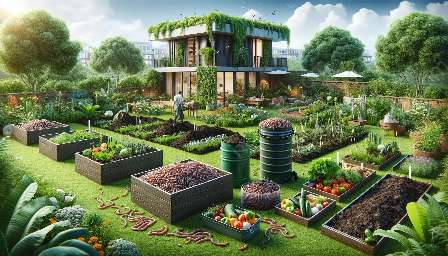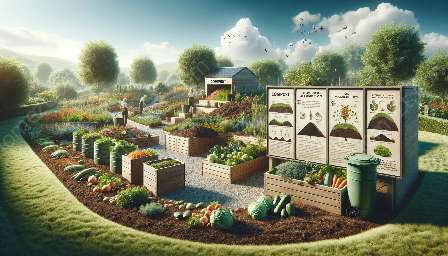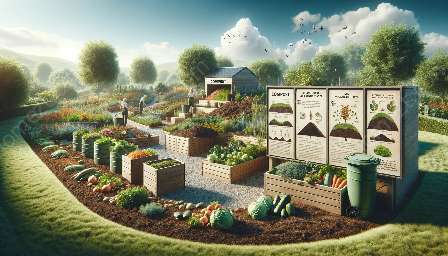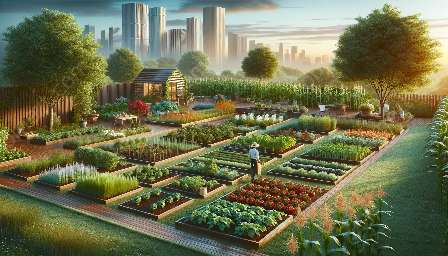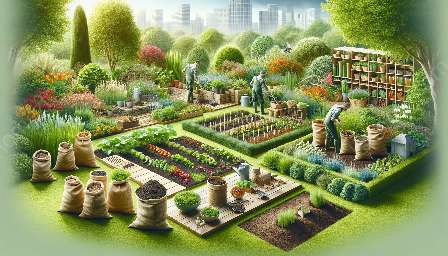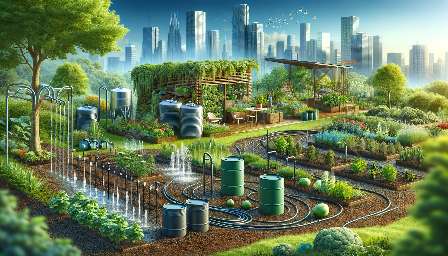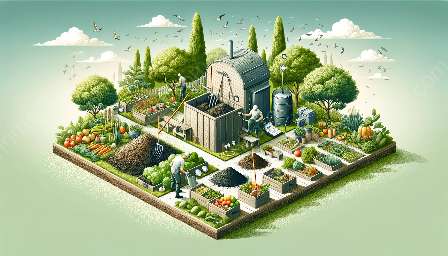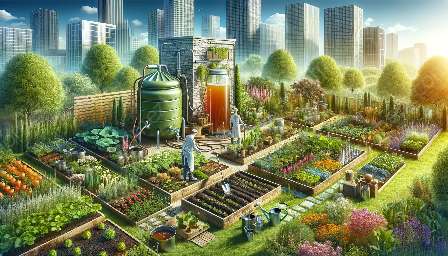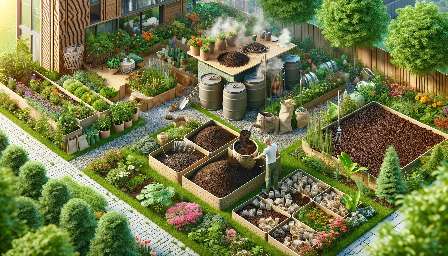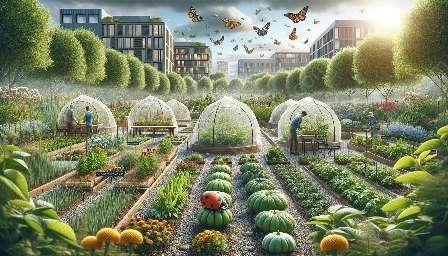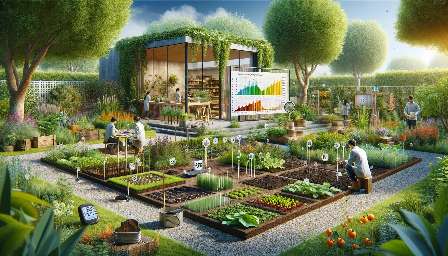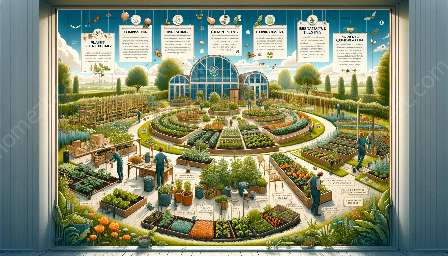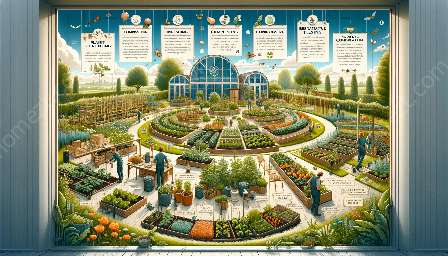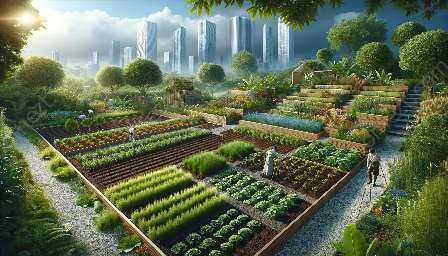Composting is an essential practice for maintaining soil health and promoting the growth of a thriving garden. By decomposing organic matter, compost provides valuable nutrients, improves soil structure, and enhances the overall vitality of the garden ecosystem.
Benefits of Composting for Soil Health:
- Enriching Soil with Nutrients: Compost is rich in essential nutrients such as nitrogen, phosphorus, and potassium, which are vital for plant growth and development.
- Improving Soil Structure: Compost helps to enhance soil structure, promoting better water retention, aeration, and root penetration.
- Supporting Beneficial Microorganisms: The microbial activity in compost contributes to the development of healthy soil microorganisms, fostering a balanced and sustainable garden ecosystem.
Composting and Organic Gardening:
When it comes to organic gardening, composting plays a central role in maintaining soil fertility and reducing the reliance on chemical fertilizers. Compost serves as a natural, environmentally-friendly alternative that supports the growth of nutritious, organic produce.
The Process of Composting:
Composting involves the decomposition of organic materials such as kitchen scraps, yard waste, and plant matter. Through the action of beneficial bacteria, fungi, and other organisms, these organic materials break down into a nutrient-rich substance that can be added to garden beds and used as a natural fertilizer.
Creating a Sustainable Garden Ecosystem:
Incorporating compost into an organic garden not only nourishes the soil, but also contributes to the overall health of the garden ecosystem. By promoting biodiversity and reducing waste, composting forms an integral part of sustainable garden management.
Conclusion:
In summary, the importance of composting for soil health in organic gardening cannot be overstated. From enriching the soil with essential nutrients to fostering a sustainable garden ecosystem, composting plays a pivotal role in supporting the growth of healthy, vibrant gardens. By incorporating composting practices into your gardening routine, you can ensure that your garden thrives while also contributing to environmental sustainability.


